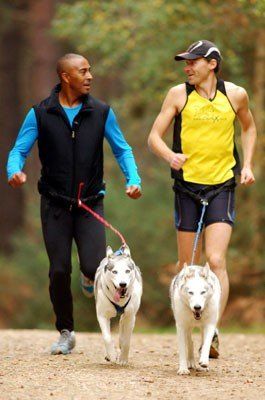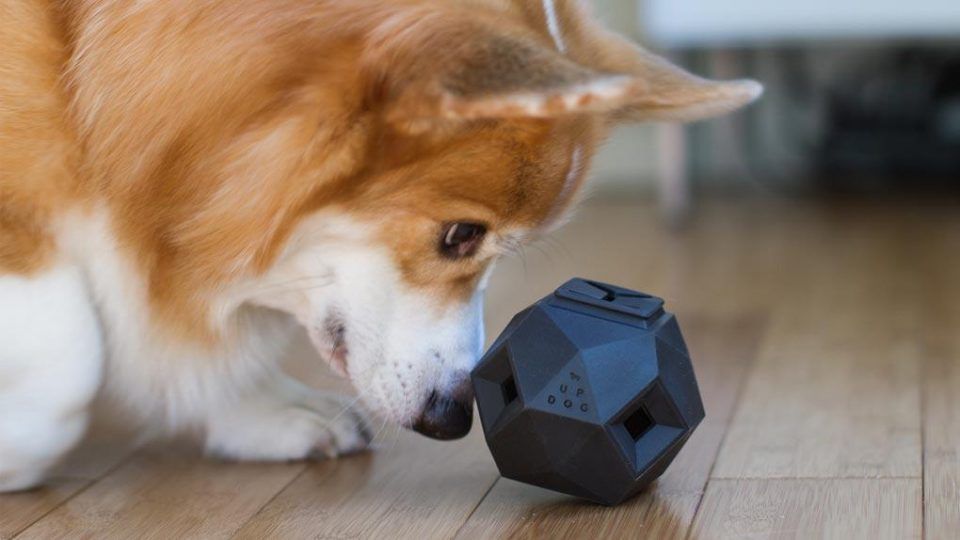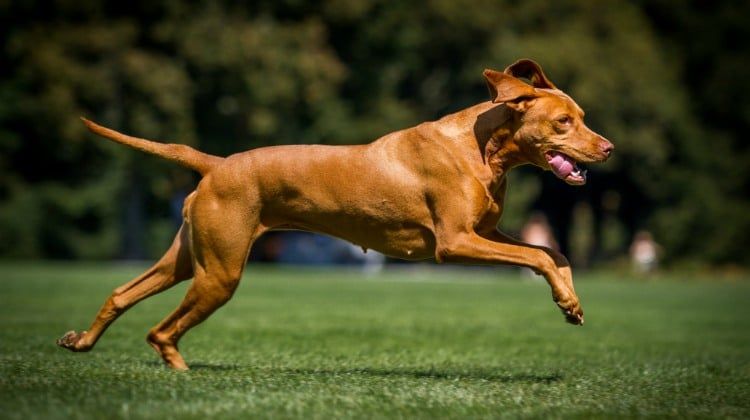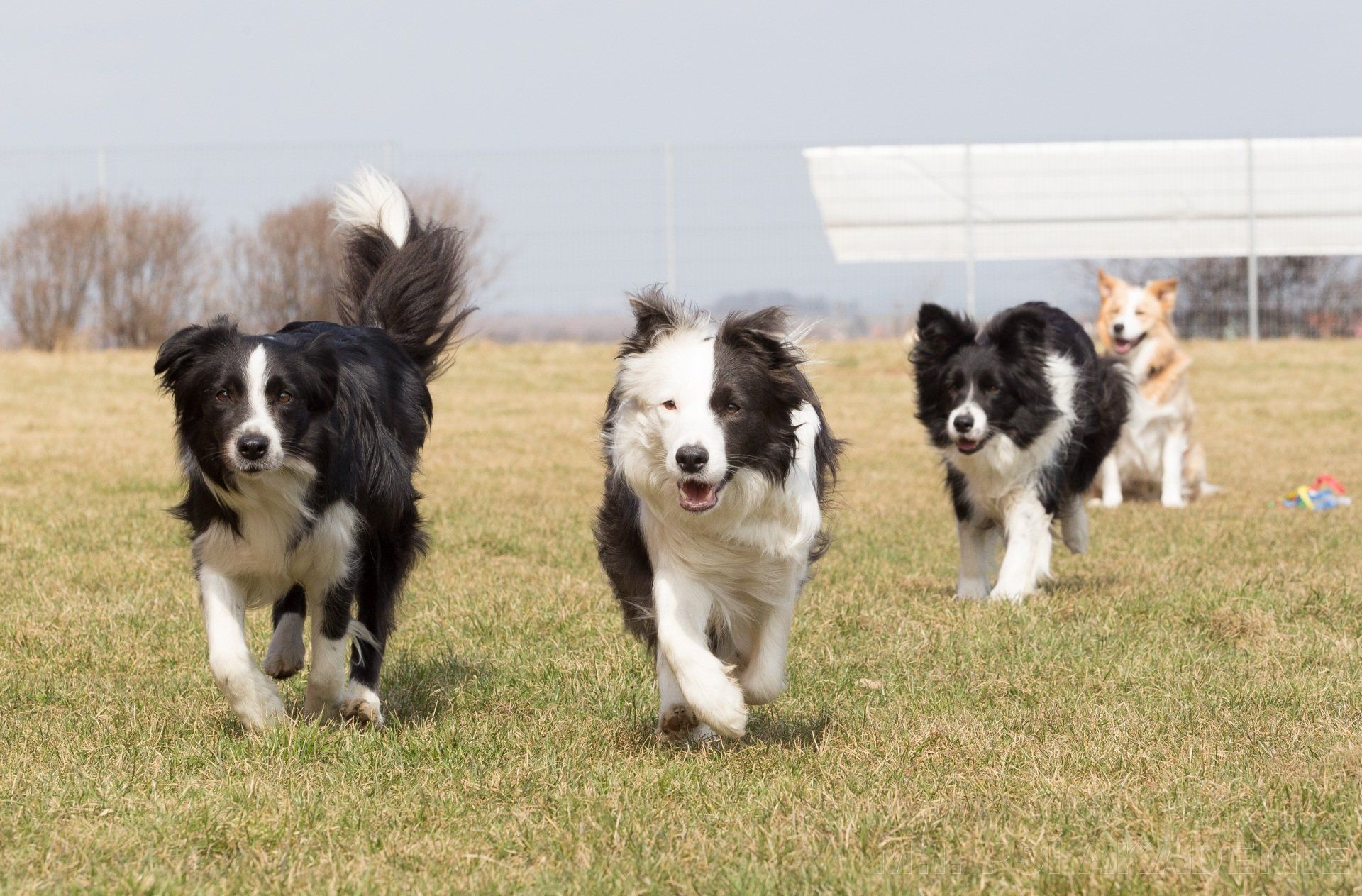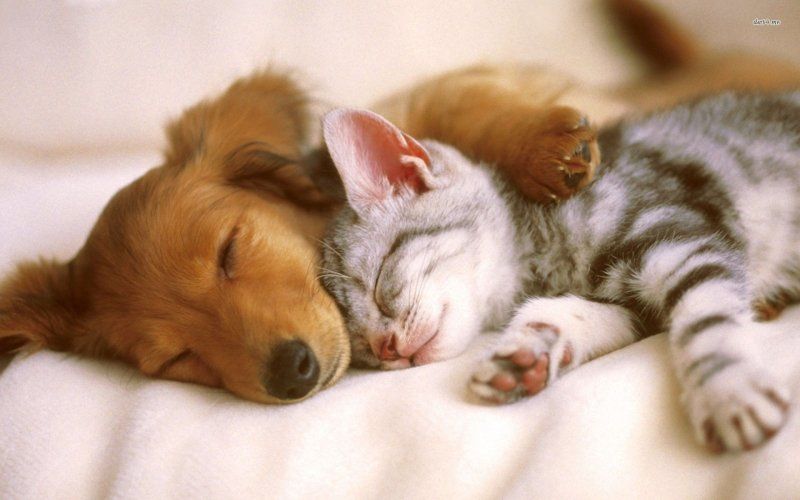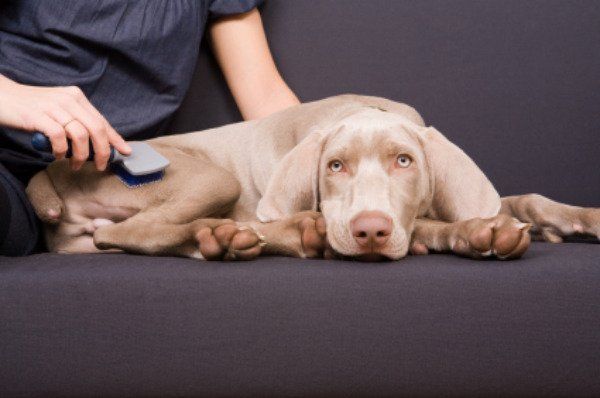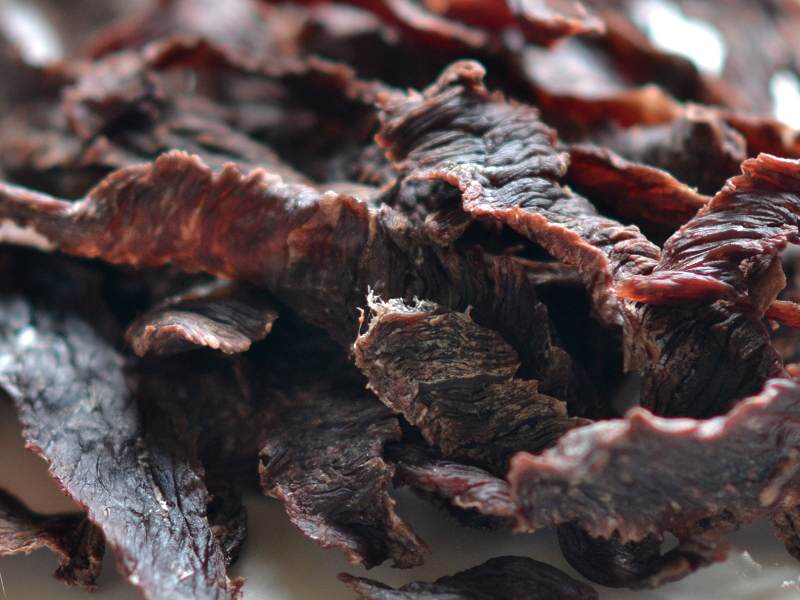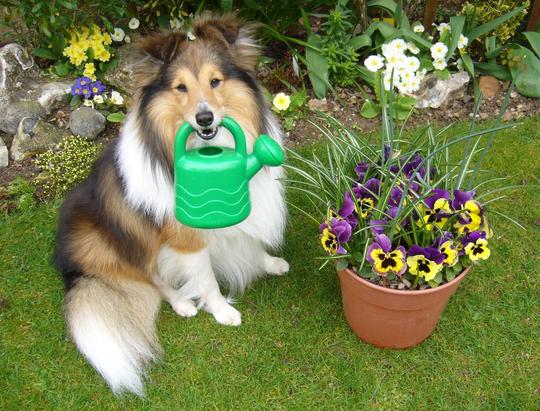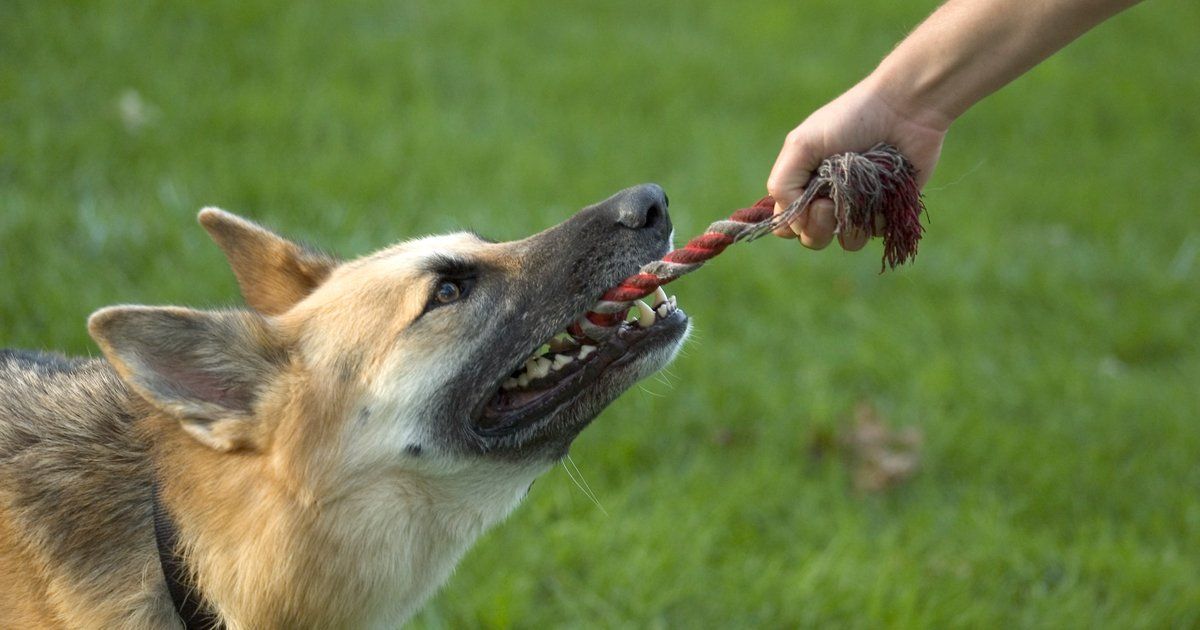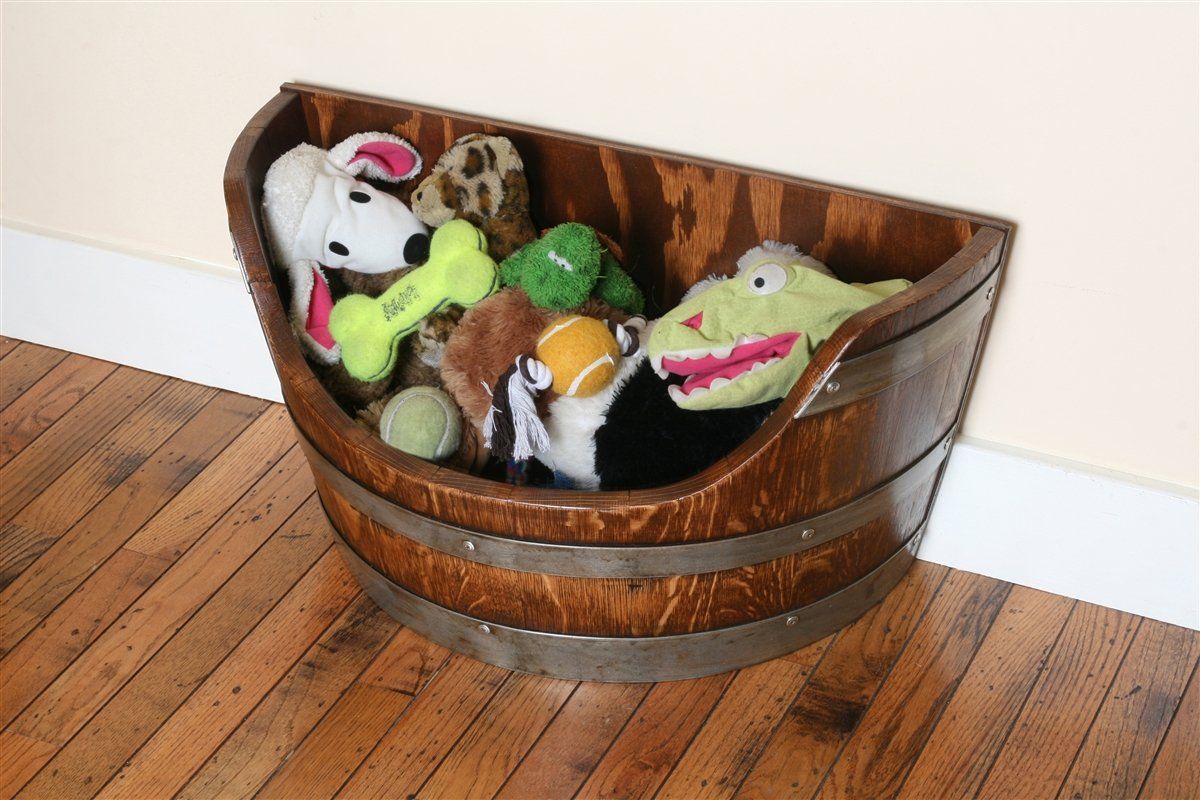The fireworks (again)
The best and the worst time of year
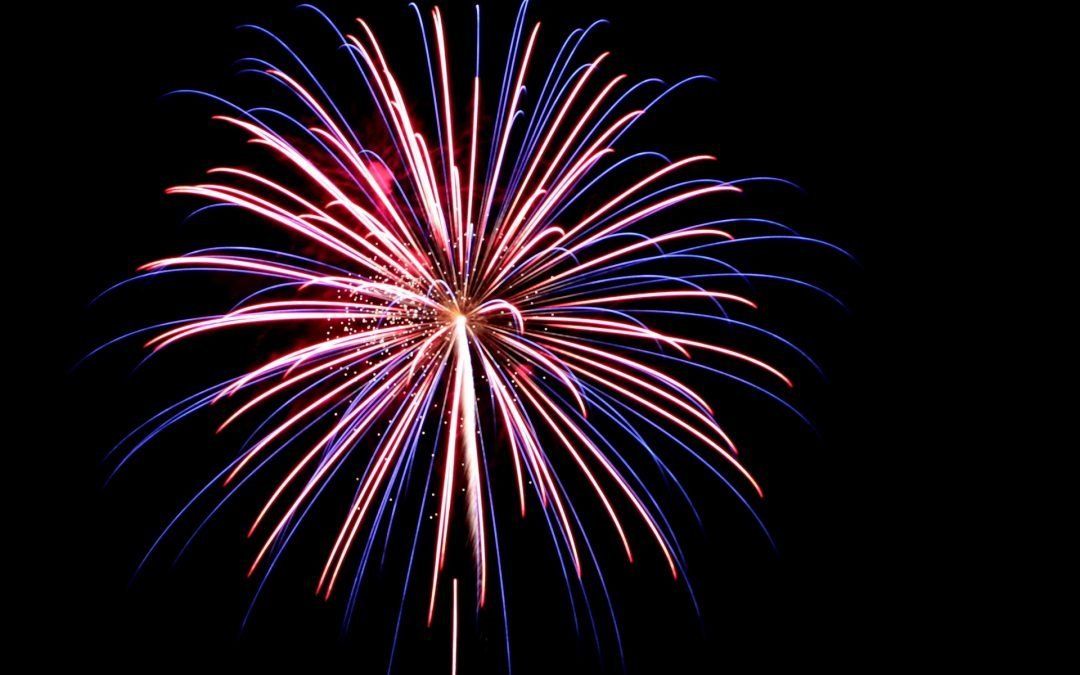
For some of us, the beginning of the festive season is a start-up button for worry and panic. Not because some of us don't like Halloween or Christmas, but because this season is plagued with overwhelming amounts of unexpected noise and strong lights from a bright and happy display of fireworks. I'm very lucky not to be one of those people. However roughly 45% of the canine population in the UK, is absolutely petrified of the gorgeous blasts of light, that so many of us, absolutely adore. The reactions some pets have to fireworks can be heartbreaking to witness, and many pet owners become anxious about what to do.
But what does a bad reaction look like?
For dogs, fireworks present a sudden and abnormal threat, launching them into a state of flight mode which causes them to try and flee the home, or into a state of complete withdrawal and shut down. Some dogs become so anxious they will hide, shaking helplessly, making it difficult to reach if their situation gets worse - like having a fit.
It doesn't take long to find a river of videos of dog's reactions to fireworks on Youtube to understand how scary these displays can be for both us and our dogs, and although some people can find said reactions funny, it is really an ignorant judgement of the situation. Some people even unknowingly subject their pets to fireworks without realising the impact they can have.
So what can we do?
Start by introducing products that release appeasing pheromones - at least one month prior to the beginning of the festive season, and keep it up. These products have proven to help your dog deal with scary situations and have an array of other uses.
On a firework night, keep your windows and blinds shut, have some music play and give your dog something interesting to interact with, such as a filled kong or puzzle toy.
Now, regardless of your work to make life for your dog easier, some dogs will still be afraid. If the situation rises, simply reassure him and if he tries to hide, let him, always trying to be reassuring. Try not to pull your dog out of the hiding place, because it will make things worse.
If you have a new dog or puppy, don't wait to find out if he or she is afraid of fireworks. You can start getting your dog used to fireworks by playing firework noises in a very low volume in your home, as your dog is listening to music and is busy with his toy. Then, slowly raise the volume of the bangs in a controlled and safe manner, always checking for your dog's reaction to said sound. This should be done in a progressive way for a period of a few weeks. Don't rush it, as it can suddenly become overwhelming too quickly.
In the long term, if your dog is particularly afraid of fireworks to an extent that you deem life threatening or too difficult to deal with, seek the help of Professional Animal Behaviourists - such as ourselves - that will use positive reinforcement only. You can't force fear out of someone, so you can't hope to force fear out of a dog either - it will just make it worse.
Happy training!
